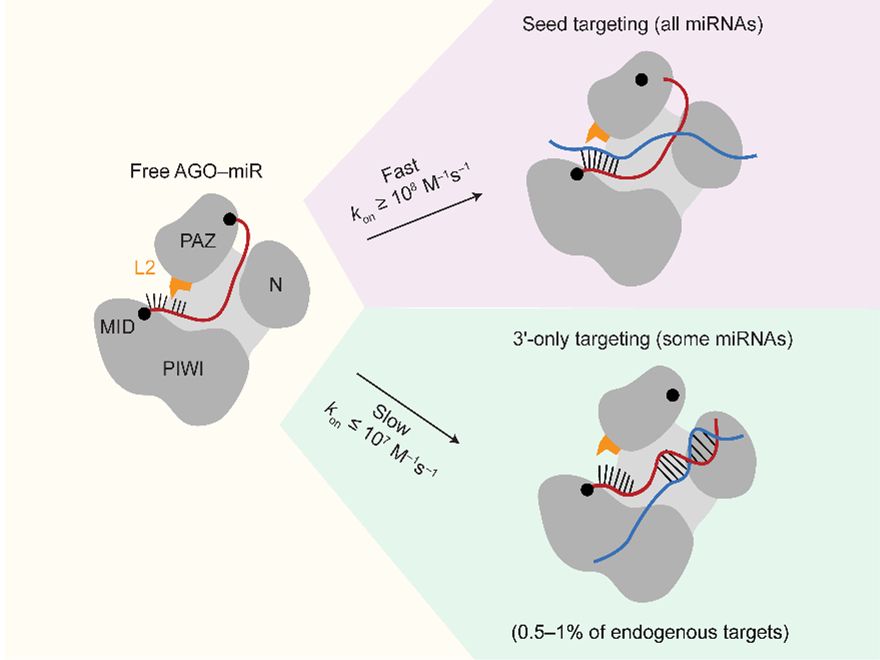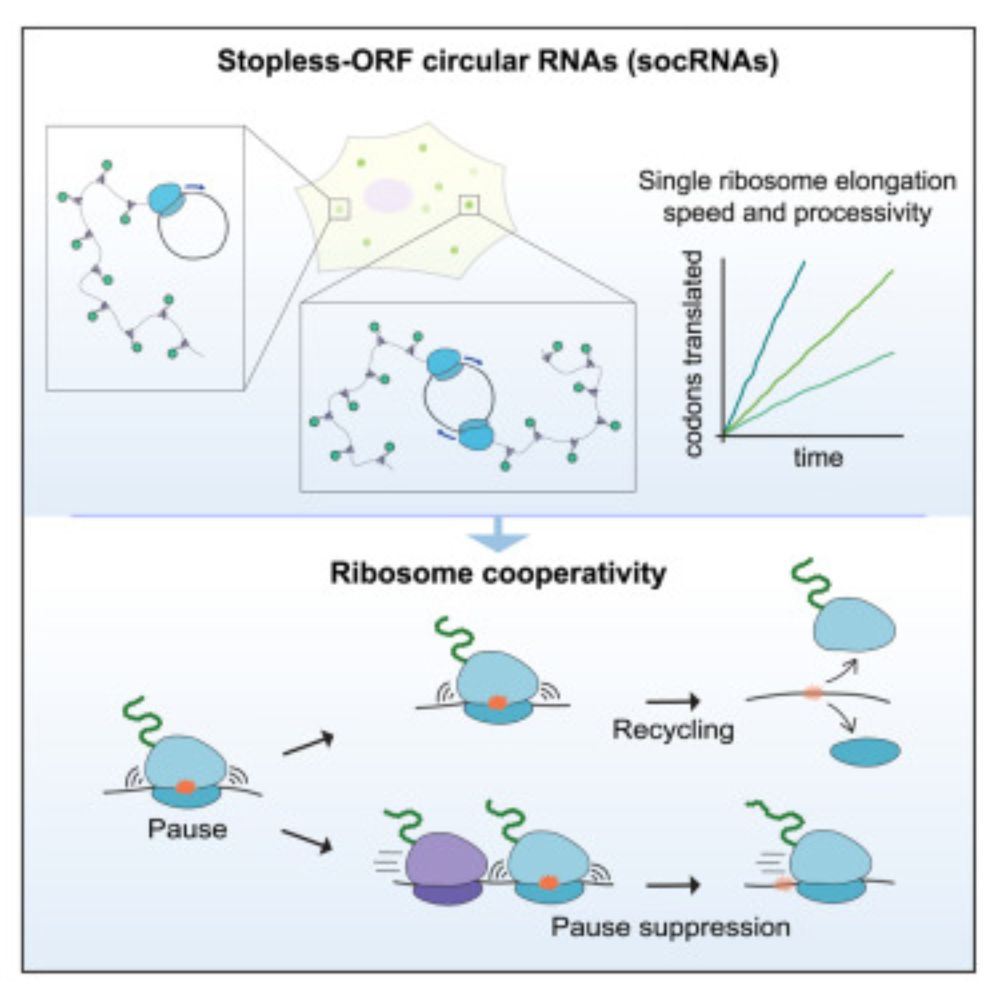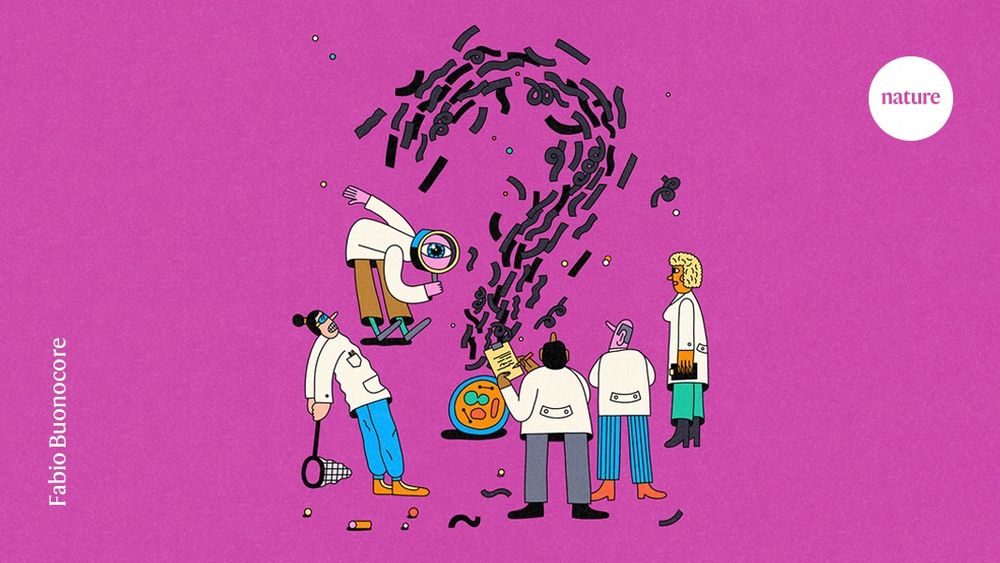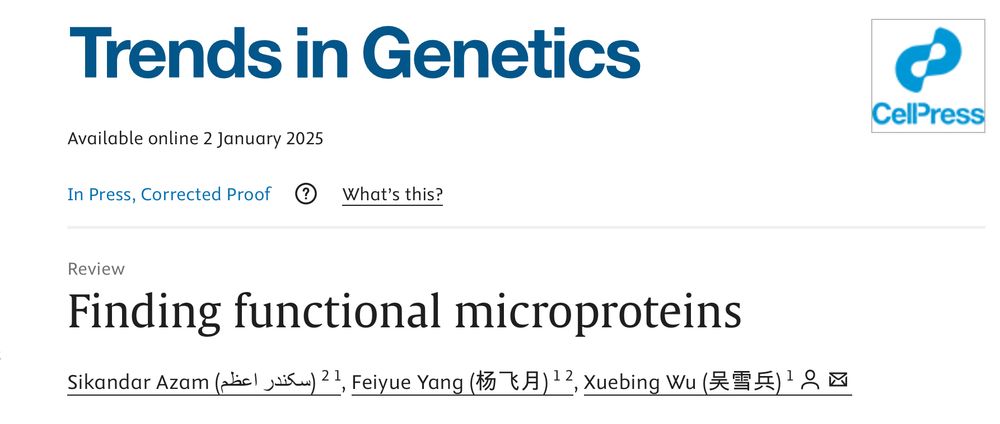Xuebing Wu
@xuebingwu.bsky.social
1.6K followers
840 following
24 posts
Assistant Professor @Columbia University | Ribosome, translation, RNA, CRISPR, genomics | alum @MIT @WhiteheadInst @Tsinghua_Uni | #hiringNow
xuebingwu.github.io
Posts
Media
Videos
Starter Packs
Reposted by Xuebing Wu
Reposted by Xuebing Wu
Xuebing Wu
@xuebingwu.bsky.social
· Jan 29
Xuebing Wu
@xuebingwu.bsky.social
· Jan 29
Xuebing Wu
@xuebingwu.bsky.social
· Jan 15
Nadav Ahituv
@nadavahituv.bsky.social
· Jan 15
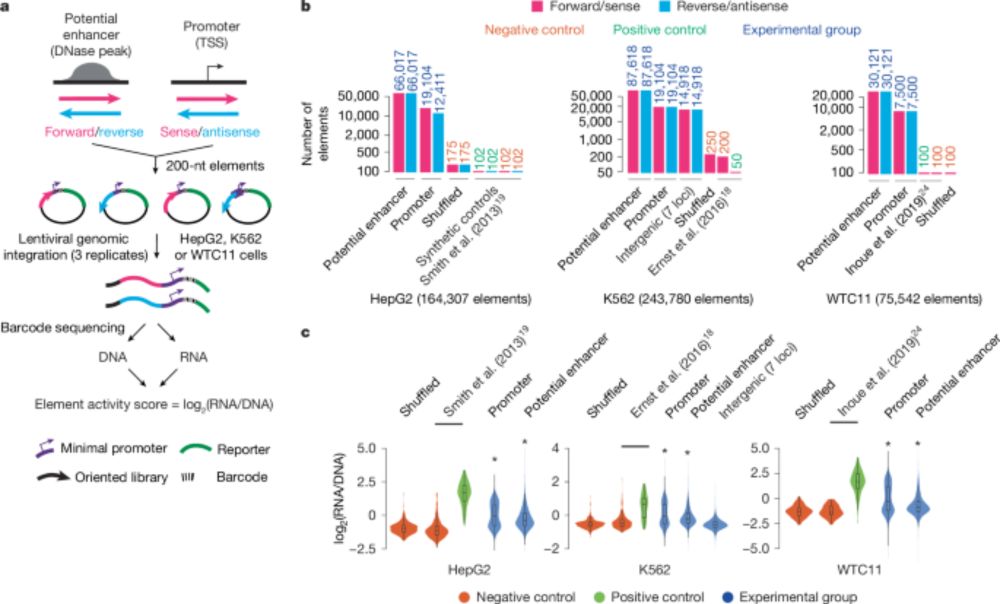
Massively parallel characterization of transcriptional regulatory elements - Nature
Lentivirus-based reporter assays for 680,000 regulatory sequences from three cell lines coupled to machine-learning models lead to insights into the grammar of cis-regulatory elements.
www.nature.com
Xuebing Wu
@xuebingwu.bsky.social
· Jan 15
Xuebing Wu
@xuebingwu.bsky.social
· Jan 15
Xuebing Wu
@xuebingwu.bsky.social
· Jan 14
Reposted by Xuebing Wu
BWJones
@bwjones.bsky.social
· Jan 13
Xuebing Wu
@xuebingwu.bsky.social
· Jan 7
Xuebing Wu
@xuebingwu.bsky.social
· Jan 7
Xuebing Wu
@xuebingwu.bsky.social
· Jan 7
Xuebing Wu
@xuebingwu.bsky.social
· Jan 7
Xuebing Wu
@xuebingwu.bsky.social
· Jan 7
Xuebing Wu
@xuebingwu.bsky.social
· Jan 7
Xuebing Wu
@xuebingwu.bsky.social
· Jan 7
Xuebing Wu
@xuebingwu.bsky.social
· Dec 21
Eugene Valkov
@eugenevalkov.bsky.social
· Dec 21
Xuebing Wu
@xuebingwu.bsky.social
· Dec 20
Reposted by Xuebing Wu
John Doench
@johndoench.bsky.social
· Dec 8
Xuebing Wu
@xuebingwu.bsky.social
· Dec 4

